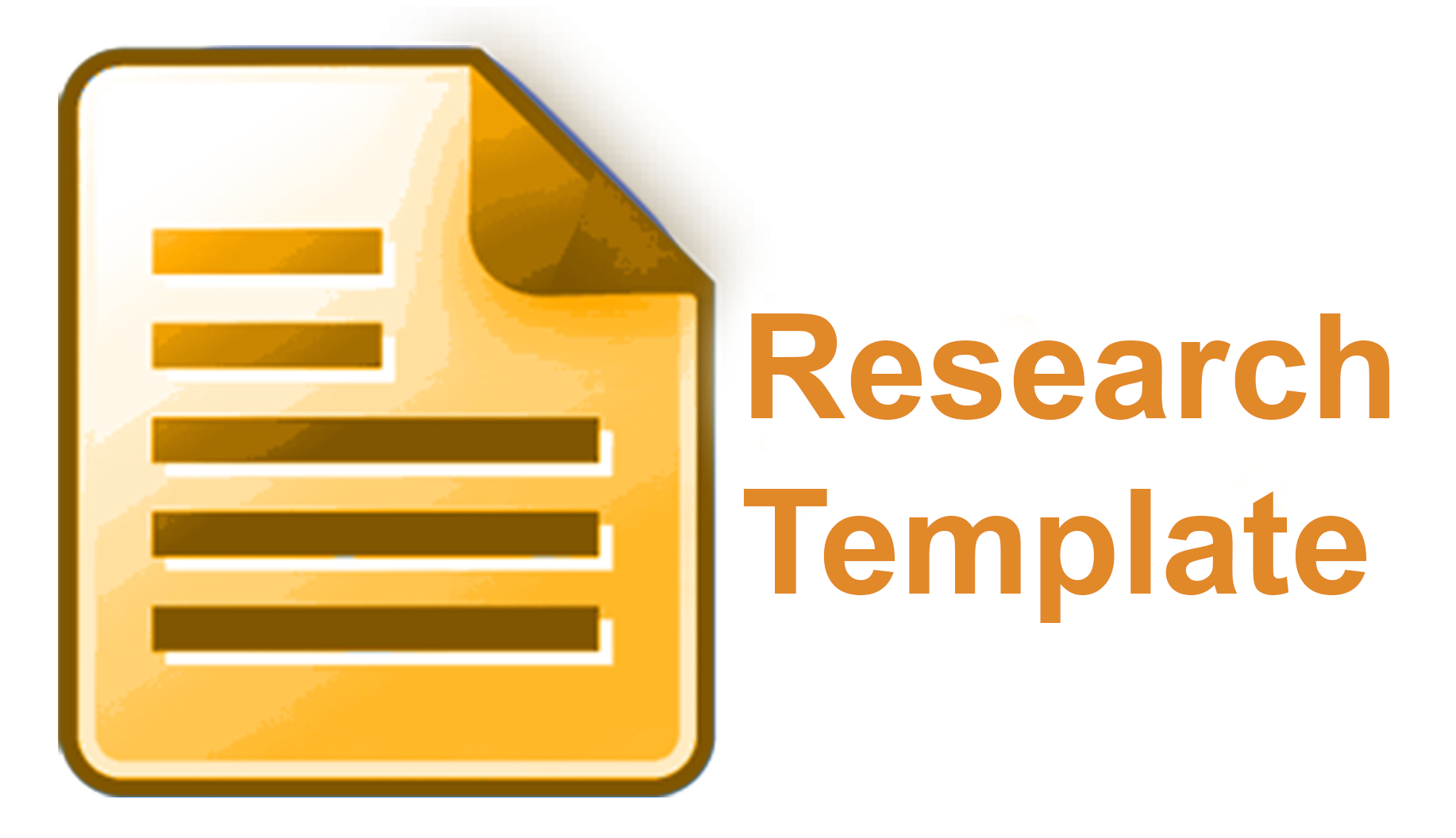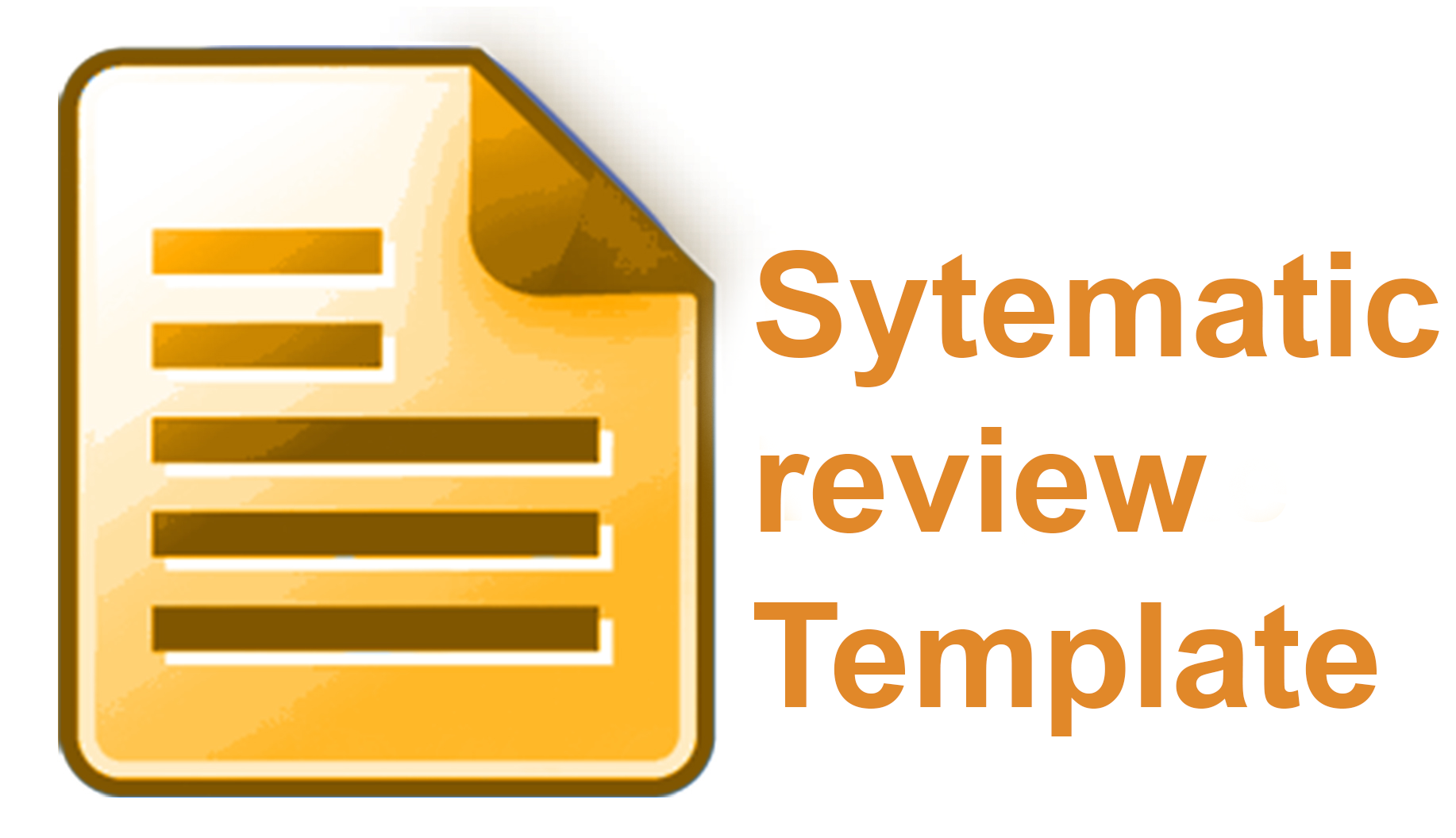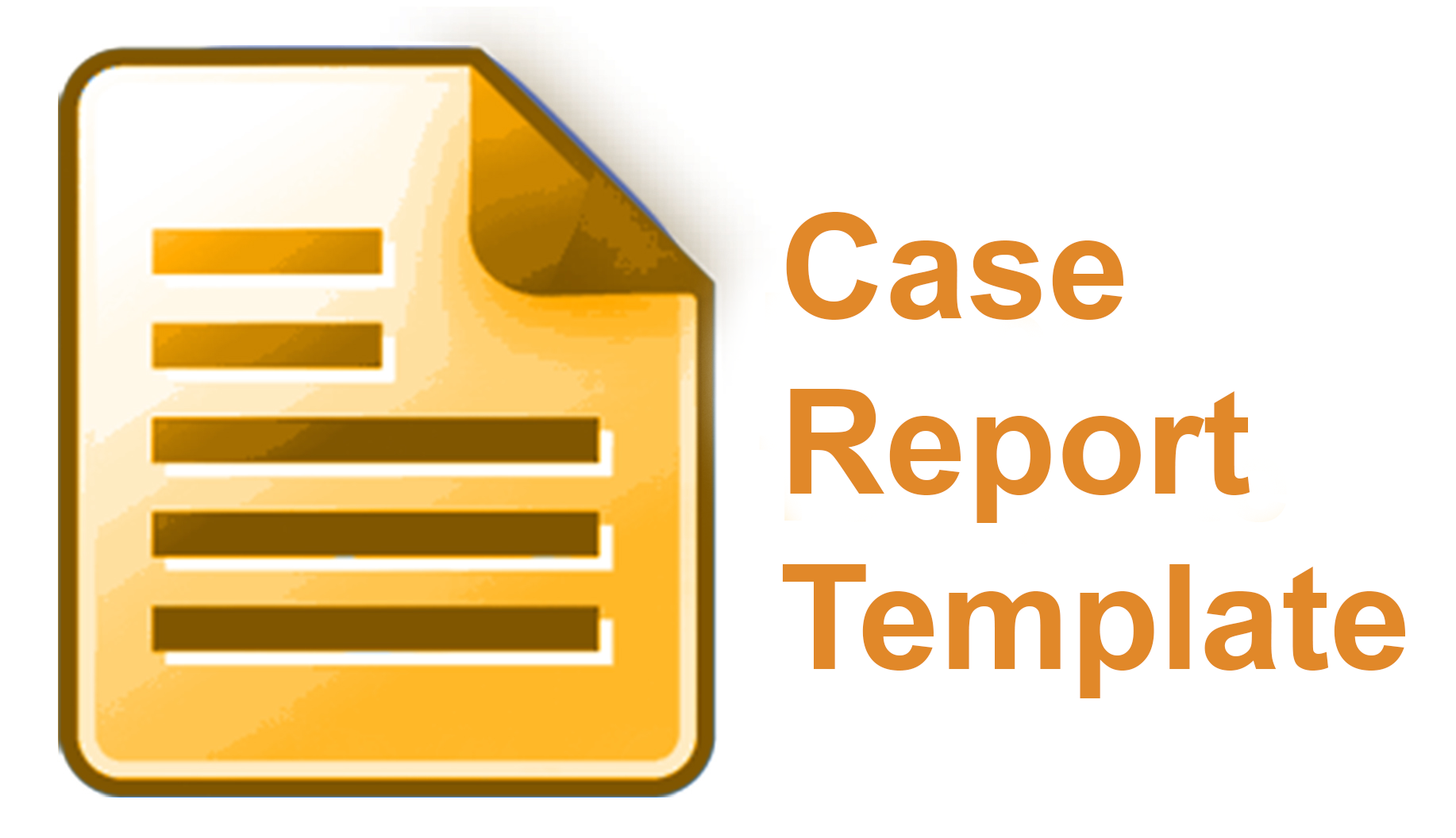Increasing mothers' knowledge, and attitudes, and children's oral hygiene index simplified (OHI-S): an experimental study on the “EKARINI” educational method
Abstract
ABSTRACT
Introduction: The high incidence of dental caries in children is partly due to the lack of parental participation in estabilishing children's tooth-brushing habits. This research aims to see an increase in the variables tested in the EKARINI, an educational model on mothers’ knowledge, attitudes, and children's OHIS. Methods: This study employs an experimental design, collecting pretest and posttest data from mothers and their children following the intervention. The intervention provided in this study involved the EKARINI educational model, which included a pre-test and post-test in the form of a questionnaire consisting of several questions about maternal knowledge and attitudes toward dental health, and the control group received standard education using media such as leaflets, videos, and phantom models. The sample consisted of two groups: an intervention group with 20 respondents and a control group with 20 respondents. Data analysis was conducted using either the independent t-test or the Mann-Whitney test. Results: The findings revealed a significant difference between the posttest scores of the intervention group and the control group The p-values indicate significant differences for each variable: knowledge (p = 0.006), attitude (p = 0.016), and OHIS (p = 0.010), showing that the EKARINI educational model effectively improved maternal knowledge, attitudes, and children's oral hygiene compared to the control group. Based on the average value, the group that received the educational model had a higher average value than the control group. Conclusion: The EKARINI educational model is in increasing mothers’ knowledge, attitudes, and better OHIS values.Keywords
Full Text:
PDFReferences
Elamin A, Garemo M, Mulder A. Determinants of dental caries in children in the Middle East and North Africa region: a systematic review based on literature published from 2000 to 2019. BMC Oral Health. 2021;21(1). https://doi.org/10.1186/s12903-021-01482-7
Montes GR, Bonotto DV, Ferreira FM, Menezes JVNB, Fraiz FC. Caregiver’s oral health literacy is associated with prevalence of untreated dental caries in preschool children. Cien Saude Colet. 2019;24(7):2737–44. https://doi.org/10.1590/1413-81232018247.18752017
WHO. WHO Expert Consultation on Public Health Intervention against Early Childhood Caries Report of A Meeting In Bangkok, Thailand. 26-28 January 2016. 2016;
Kemenkes RI. Hasil Utama Riset Kesehatan Dasar (RISKESDAS). 2018.
Manchanda K, Sampath N, De Sarkar A. Evaluating the effectiveness of oral health education programs among mothers with 6-18 months children in prevention of early childhood caries. Contemp Clin Dent. 2015 Oct;5(4):478–83. https://doi.org/10.4103/0976-237X.142815
Novita W. Factors Causing Early Childhood Caries In Early Children. Int J Heal Sci. 2024;4(1):73–80. https://doi.org/10.55606/ijhs.v4i1.3567
Duangthip D, Chen KJ, Gao SS, Lo ECM, Chu CH. Early childhood caries among 3- to 5-year-old children in Hong Kong. Int Dent J. 2019;69(3):230–6. https://doi.org/10.1111/idj.12455
Aljafari A, Rice C, Gallagher JE, Hosey MT. An oral health education video game for high caries risk children: Study protocol for a randomized controlled trial. Trials. 2015 May;16(1). https://doi.org/10.1186/s13063-015-0754-6
Batliner TS, Tiwari T, Henderson WG, Wilson AR, Gregorich SE, Fehringer KA, et al. Randomized Trial of Motivational Interviewing to Prevent Early Childhood Caries in American Indian Children. JDR Clin Transl Res. 2018;3(4):366–75. https://doi.org/10.1177/2380084418787785
Jain M, Namdev R, Bodh M, Dutta S, Singhal P, Kumar A. Social and Behavioral Determinants for Early Childhood Caries among Preschool Children in India. Dent Res Dent Clin Dent Prospect Orig. 2015;9(2). https://doi.org/10.15171/joddd.2014.023
Anil S, Anand PS. Early Childhood Caries: Prevalence, Risk Factors, and Prevention. Front Pedatrics. 2017;5:157. https://doi.org/10.3389/fped.2017.00157
Arora A, Nargundkar S, Fahey P, Joshua H, John JR. Social determinants and behavioural factors influencing toothbrushing frequency among primary school children in rural Australian community of Lithgow, New South Wales. BMC Res Notes [Internet]. 2020;13(1):1–8. Available from: https://doi.org/10.1186/s13104-020-05239-3
Hope S, Pearce A, Whitehead M, Law C. Parental employment during early childhood and overweight at 7-years: findings from the UK Millennium Cohort Study. BMC Obes [Internet]. 2015;2(33). https://doi.org/10.1186/s40608-015-0065-1
Chen L, Hong J, Xiong D, Zhang L, Li Y, Huang S, et al. Are parents’ education levels associated with either their oral health knowledge or their children’s oral health behaviors? A survey of 8446 families in Wuhan. BMC Oral Health. 2020;20(1):1–12. https://doi.org/10.1186/s12903-020-01186-4
Yazdani R, Nasr Esfahani E, Kharazifard MJ, Yazdani R. Relationship of Oral Health Literacy with Dental Caries and Oral Health Behavior of Children and Their Parents. J of Dentistry, 2018; 15(1): 1-13 https://doi.org 10.22514/jocpd.2024.074
Born, V. L, Vasbø, K. B. (2024). “Doing authority”: Stories of parental authority across three generations. Journal of Marriage and Family, 2024;1–20. https://doi.org/10.1111/jomf.13028
Fiandini, M., Nandiyanto, A. B. D., Al Husaeni, D. F., Al Husaeni, D. N., & Mushiban, M. (2024). How to calculate statistics for significant difference test using SPSS: Understanding students comprehension on the concept of steam engines as power plant. Ind J of Science and Tech, 9(1), 45-108.https://doi.org/10.17509/ijost.v9i1.64035
Arora, R. Metaphysical and epistemological implications of philosophy of Prajapita Brahma in modern Indian education. Int J of Yogic, Human Movement and Sports Sciences 2019, 4(1), 851-859. https://www.theyogicjournal.com/archives/2019/4/1/P/4-1-180
Rhee, Y. W, Choi, J. N. Knowledge management behavior and individual creativity: Goal orientations as antecedents and in‐group social status as moderating contingency. J of Organiz Behavior, 2017;38(6), 813-832.https://doi.org/10.1002/job.2168
Novita W, Rusdi M, Siburian J, Kalsum U. Systematic Review and Meta Analysis: The Effect of Oral Health Literacy to Increasing Mother’s Knowledge. J Int Dent Med Res. 2023;16(4):1753=1757.
Brega AG, Thomas JF, Henderson WG, Batliner TS, Quissell DO, Braun PA, et al. Association of parental health literacy with oral health of Navajo Nation preschoolers. Health Educ Res. 2016;31(1):70–81. https://doi.org/10.1093/her/cyv055
Adil AH, Eusufzai SZ, Kamruddin A, Ahmad WMAW, Jamayet N Bin, Karobari MI, et al. Assessment of parents’ oral health literacy and its association with caries experience of their preschool children. MDPI. 2020;7(8). https://doi.org/10.3390/children7080101
DOI: https://doi.org/10.24198/pjd.vol36no2.56255
Refbacks
- There are currently no refbacks.
 All publications by the Universitas Padjadjaran [e-ISSN: 2549-6212, p-ISSN: 1979-0201] are licensed under a Creative Commons Attribution-ShareAlike 4.0 International License .
All publications by the Universitas Padjadjaran [e-ISSN: 2549-6212, p-ISSN: 1979-0201] are licensed under a Creative Commons Attribution-ShareAlike 4.0 International License .






.png)
